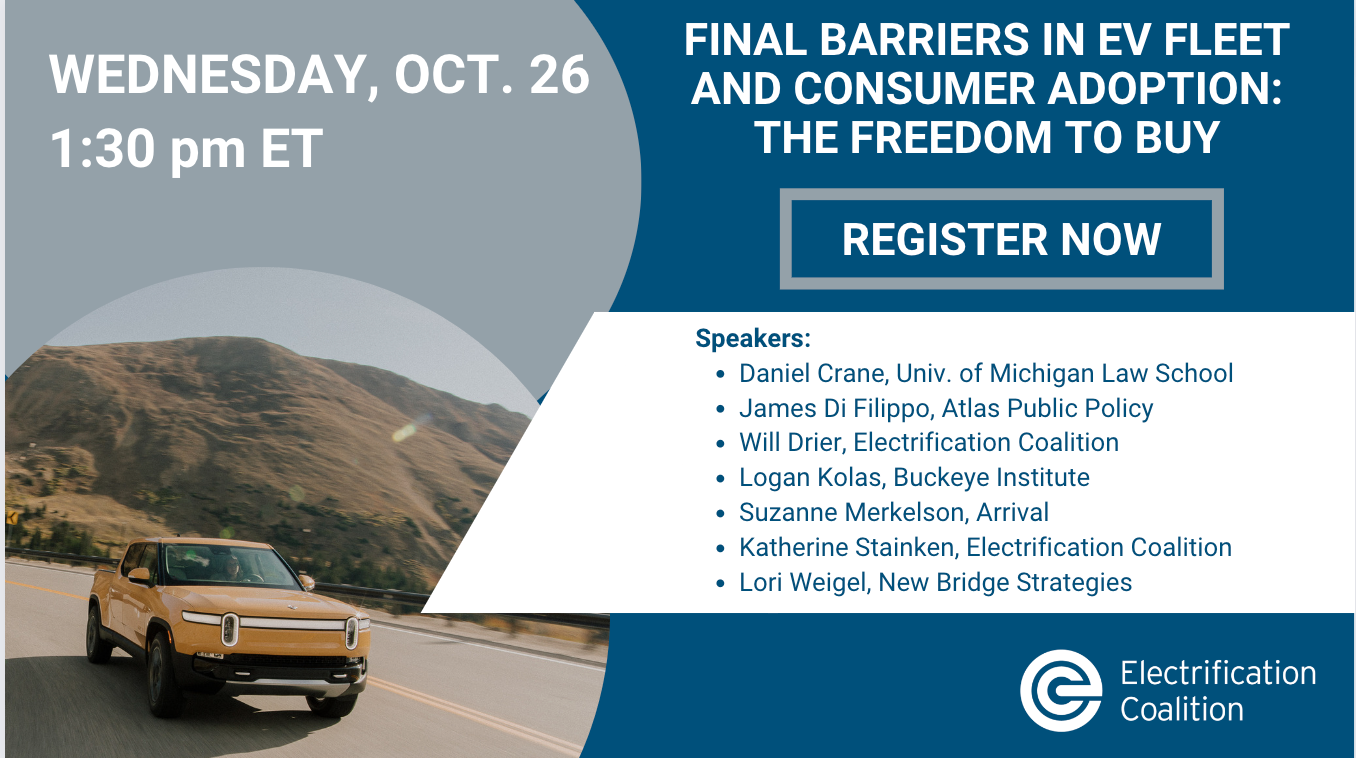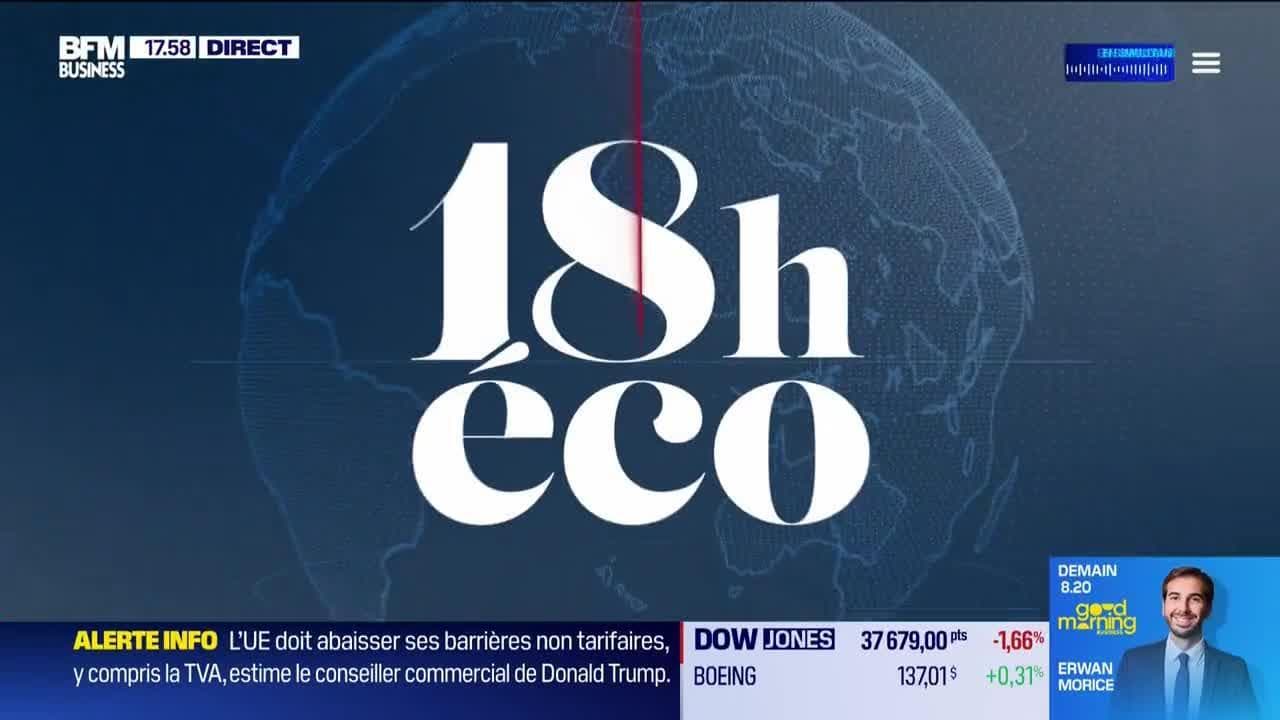Dealers Intensify Fight Against EV Sales Mandates

Table of Contents
Economic Concerns Fuel Dealer Opposition to EV Mandates
Dealerships are expressing serious economic concerns regarding the impact of EV sales mandates on their businesses. These concerns stem from several key factors, threatening their profitability and long-term viability.
Impact on Profit Margins
EV sales mandates could significantly reduce profit margins for dealerships. This is due to a number of interconnected challenges:
- Reduced demand for gasoline vehicles: Mandates forcing higher percentages of EV sales naturally decrease the demand for traditional gasoline-powered cars, impacting a substantial portion of dealer revenue.
- Higher upfront investment needed to handle EV sales and servicing: Dealers must invest heavily in new infrastructure and training to accommodate EVs. This includes significant capital expenditures that may not yield immediate returns.
- Uncertainty around future EV market demand and profitability: The long-term profitability of EV sales remains uncertain, particularly with ongoing technological advancements and evolving consumer preferences. Dealers face considerable risk in committing significant resources to a market with an unclear future.
Investment in Infrastructure and Training
Adapting to the EV market requires substantial investments for dealerships. These costs can be a major barrier to entry and significantly impact profitability:
- Cost of installing EV charging stations: Installing sufficient charging infrastructure, capable of handling various charging standards and power demands, represents a substantial capital outlay.
- Training costs for staff on EV technology and maintenance: Technicians require specialized training to work on high-voltage systems and complex EV components, adding to operational costs.
- Upgrades to facilities to handle high-voltage systems: Dealerships need to upgrade their facilities to safely handle high-voltage systems and comply with stringent safety regulations for EV maintenance.
Concerns about Consumer Readiness and Market Demand for EVs
Beyond economic concerns, dealerships also raise valid points about consumer readiness and the current market demand for EVs.
Range Anxiety and Charging Infrastructure
A major obstacle to wider EV adoption is range anxiety and the lack of comprehensive public charging infrastructure:
- Limited public charging availability, especially in rural areas: The uneven distribution of charging stations, particularly in less populated areas, limits the practicality of EVs for many consumers.
- Consumer concerns regarding charging times and range limitations: Concerns about charging times and limited range compared to gasoline vehicles remain significant hurdles to overcome.
- Lack of consumer understanding of EV technology and maintenance: Many consumers lack a thorough understanding of EV technology, maintenance requirements, and associated costs, leading to hesitancy.
Pricing and Affordability of EVs
The high initial cost of EVs remains a major barrier to widespread adoption:
- Higher upfront cost of EVs compared to gasoline vehicles: EVs typically have a significantly higher purchase price than comparable gasoline-powered vehicles.
- Limited availability of affordable EV models: The current market lacks a broad range of affordable EV options catering to a wider segment of consumers.
- Impact of government subsidies and tax credits on affordability: While government incentives can help, their impact on affordability varies depending on location and specific programs.
Political and Legal Strategies Employed by Dealers to Combat EV Mandates
Dealerships are employing various political and legal strategies to challenge and potentially overturn EV sales mandates.
Lobbying Efforts and Political Pressure
Dealers are actively engaging in lobbying efforts to influence policymakers:
- Engagement with lawmakers and regulatory bodies: Dealerships are actively lobbying at both the state and national levels to influence legislation and regulations concerning EV mandates.
- Formation of coalitions with other industry stakeholders: They are forming alliances with other industry groups to amplify their voice and exert greater political pressure.
- Funding of campaigns supporting alternative policies: Dealers are supporting political campaigns that advocate for alternative policies that are less restrictive on the automotive industry.
Legal Challenges and Lawsuits
In some cases, legal action is being considered or pursued to challenge mandates:
- Arguments against government overreach and market interference: Dealers argue that mandates represent excessive government intervention in the free market.
- Challenges to the constitutionality of mandates: Legal challenges question the constitutionality and legality of the mandates themselves.
- Focus on potential economic damage to dealerships: Lawsuits may highlight the potential for severe economic harm to dealerships as a result of the mandates.
Conclusion
The resistance to EV sales mandates by car dealerships is a complex issue arising from legitimate economic concerns, anxieties about consumer readiness, and strategic political action. Addressing these multifaceted concerns is essential for creating policies that support the transition to electric vehicles while minimizing negative effects on the dealership sector. The debate surrounding EV sales mandates is ongoing, and future developments will significantly impact the automotive industry. To stay updated on the latest developments in this crucial area, follow current news and analysis on the fight against EV sales mandates. Understanding this complex issue is critical for both policymakers and consumers alike.

Featured Posts
-
 500 Million Price Fixing Settlement Nears Key Hearing Scheduled For May In Canada
Apr 23, 2025
500 Million Price Fixing Settlement Nears Key Hearing Scheduled For May In Canada
Apr 23, 2025 -
 Ohio Train Derailment Toxic Chemical Lingering In Buildings
Apr 23, 2025
Ohio Train Derailment Toxic Chemical Lingering In Buildings
Apr 23, 2025 -
 Giants Flores And Lee Key Players In Victory Against Brewers
Apr 23, 2025
Giants Flores And Lee Key Players In Victory Against Brewers
Apr 23, 2025 -
 Le 18h Eco Du Lundi 14 Avril Toute L Actualite Economique
Apr 23, 2025
Le 18h Eco Du Lundi 14 Avril Toute L Actualite Economique
Apr 23, 2025 -
 Guardians Manager Francona Sidelined By Illness
Apr 23, 2025
Guardians Manager Francona Sidelined By Illness
Apr 23, 2025
